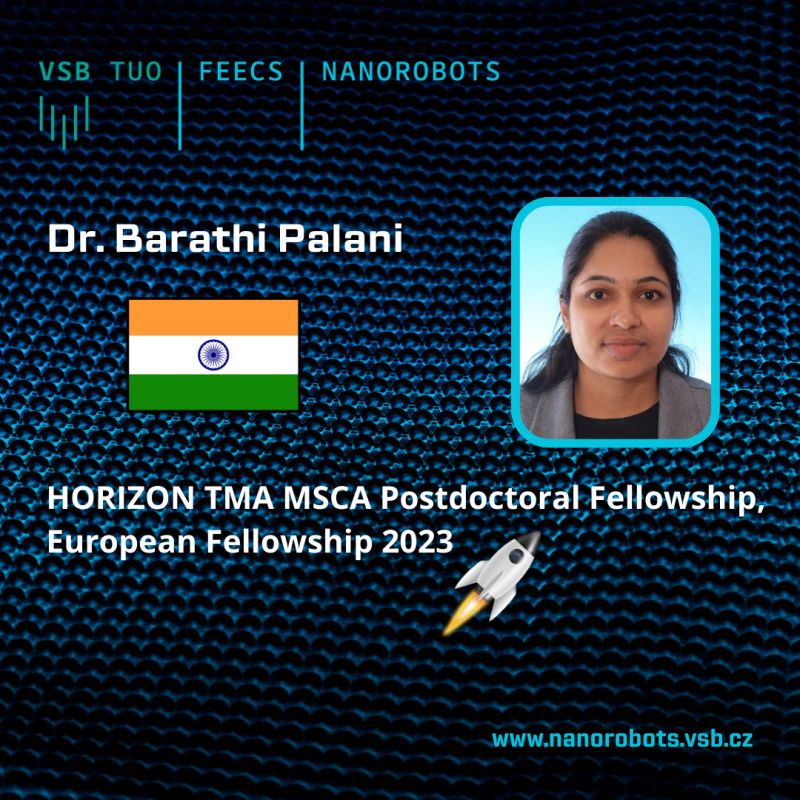1. What led you to research aluminium batteries and MOF materials?
The potential of aluminium batteries inspired me to focus on this research. They are safer, cheaper, and more environmentally friendly than lithium-based batteries. At the same time, metal-organic frameworks (MOFs) caught my attention due to their high porosity and tunable structures, making them ideal for energy applications. Combining these two could lead to a truly sustainable battery solution.
2. Can you describe what specifically you are working on in this research?
I am developing a MOF-based solid electrolyte that encapsulates ionic liquid to enable efficient ion transport. This approach addresses key safety issues in lithium batteries, such as flammability and explosion risks, by offering a safer and more stable alternative through aluminium battery systems.
3. What are the main challenges you face in your research?
A major challenge is understanding and optimizing ion transport within the MOF-based solid electrolyte. Additionally, maintaining the structural integrity and electrochemical stability of the MOF during repeated charge-discharge cycles is technically demanding. Solving these issues is crucial for realizing high-performance aluminium batteries.
4. How do you envision the practical application of the project results?
This research could lead to cost-effective, safe, and stable aluminium batteries suitable for residential energy storage, electric vehicles, and grid-level applications. The developed materials are scalable and have strong potential for integration into real-world battery technologies.
5. How can this research contribute to more sustainable technologies and energy solutions?
Aluminium is abundant, low-cost, and highly recyclable. MOFs are tunable and can be synthesized from inexpensive materials. Together, they support the development of environmentally friendly batteries that avoid critical raw materials, contributing to a more sustainable and secure energy future.
6. What do you enjoy or what motivates you most about the research?
I am motivated by the opportunity to contribute to cleaner energy solutions through advanced materials. Developing batteries that are not only efficient but also safe and sustainable aligns with my vision of helping build a greener and more responsible future.
7. What does the opportunity to continue your research through the prestigious Marie Skłodowska-Curie European Fellowship mean to you?
It would be a great honor and privilege to receive this fellowship. It offers a platform to collaborate with leading scientists, access state-of-the-art facilities, and expand my scientific skills. More importantly, it represents recognition of my work and a meaningful opportunity to contribute to Europe's mission for cleaner and greener energy.
8. Why did you choose VŠB-TUO as your host institution?
VŠB-TUO has strong expertise and excellent infrastructure in materials science and battery research. What truly drew me here is Prof. Martin Pumera; his pioneering research and leadership have inspired me since my Ph.D. days. Being mentored by him is a dream come true, and I am grateful for the opportunity to grow within his internationally recognized team.
9. You came to the Czech Republic less than a year ago. Did you have enough information about our country, or was there anything that surprised you?
This is my first time outside India, and I had limited international exposure before coming here. I knew little about the Czech Republic, but I have felt genuinely welcomed. I was especially grateful to find church Sv. Cyrila a Metoděje in Ostrava, where I attend every Sunday. It helps me stay spiritually connected to Jesus, giving me peace and strength in this new journey.
